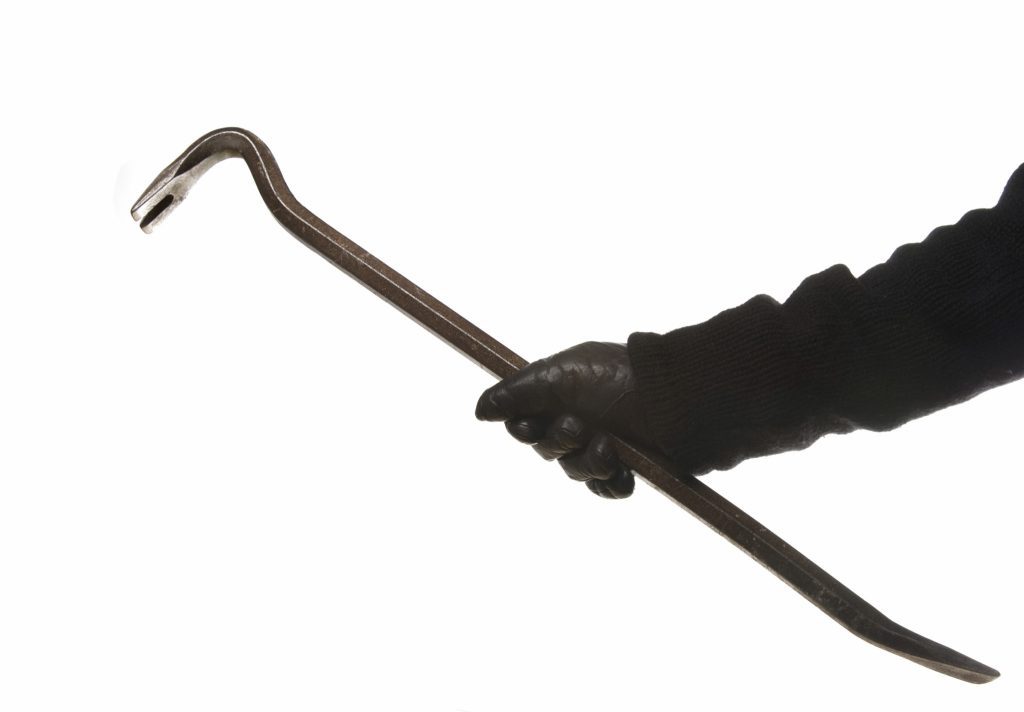When you cannot afford to pay your mortgage, there are a few possible outcomes, including a short sale or foreclosure. If you want to keep your home, however, the best solution is usually mortgage modification. Mortgage modification involves changing the terms of your mortgage loan so that it becomes more affordable to you. Mortgage modification is not always possible in every situation, but filing for Chapter 13 bankruptcy could help you get a mortgage modification.
If you hope to use bankruptcy to affect a change in the terms of your mortgage, it is important to speak with an experienced Washington DC bankruptcy lawyer for advice. It is not always possible to make modifications to a mortgage through bankruptcy. You need a qualified and experienced bankruptcy attorney with knowledge of how to handle these complex cases.

Mortgage Modification and Bankruptcy
Sometimes you can obtain a mortgage modification directly from your lender. With the expiration of the MHA at the end of 2016, the pressure will be off lenders to modify mortgages. Mortgage modification usually involves either refinancing a home that is underwater and/or reducing the monthly payments due. Most lenders have their own specific modification procedures, and these are handled through the loss mitigation departments.
Unfortunately, sometimes time runs out and a lender is ready to foreclose before a modification can be worked out. Bankruptcy helps to make sure this doesn’t happen. When you file for bankruptcy protection, an automatic stay goes into effect right away. The automatic stay means that all creditors, including your mortgage lender, have to stop trying to collect debts from you. As a result, any foreclose proceedings have to stop in their tracks. This can give you more time to work out a modification with the lender, and a lender may also be more willing to find solutions that allow you to continue paying if the lender is concerned about you walking away from the home or paying nothing.
Bankruptcy can also help certain homeowners to affect a mortgage modification in another way besides buying time to come to an agreement with the lender. In some cases, a mortgage modification could occur as part of a Chapter 13 bankruptcy filing.
Chapter 13 Bankruptcy Could Help You Get a Mortgage Modification
The truth is that mortgage lenders hate Chapter 13 bankruptcy. When you file, you basically split your mortgage account into two. You will re-start paying your monthly mortgage payments. And the trustee will start making payments on your missed payments, known as the “arrearage.” Lenders abhor complexity, and for this reason, you may be offered a modification immediately after you file. In other words, Chapter 13 bankruptcy could help you get a mortgage modification, even if you were denied in the past.
Chapter 13 and Lien Stripping
Chapter 13 bankruptcy can provide relief to debtors who have second mortgages or other non-primary mortgages. If you are underwater on your property, you may be able to strip secondary liens. If your home is worth less than your first mortgage, you should stripping secondary liens. Chapter 13 bankruptcy allows you to strip secondary mortgage holders with no actual security interest.
In a Chapter 13, the lien stripping process can reclassify the second mortgage as unsecured debt under these circumstances. The now-unsecured second mortgage debt can become part of a Chapter 13 repayment plan and you may be able to keep the home without having to repay the second mortgage debt in full.
An experienced bankruptcy attorney in Washington D.C. and Virginia can provide advice to those who are seeking to file bankruptcy to save their homes. Contact Lee Legal today online or via phone to schedule a free consultation and learn more.
